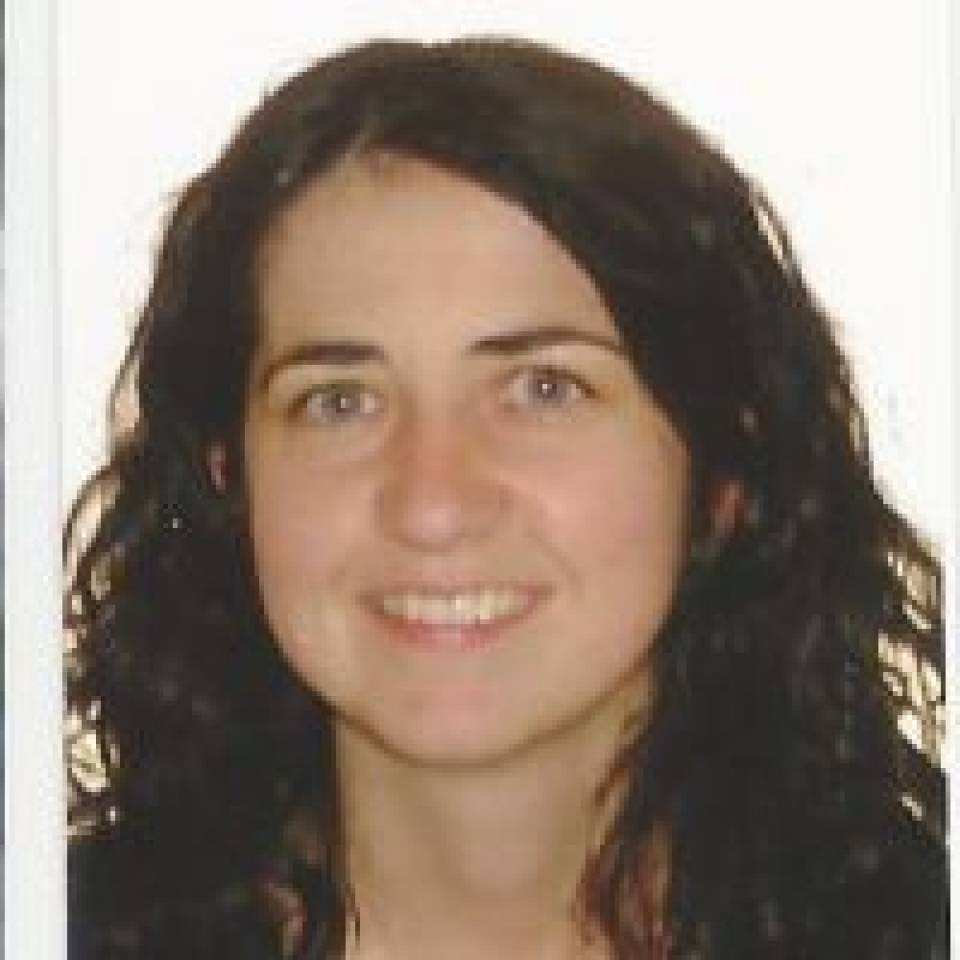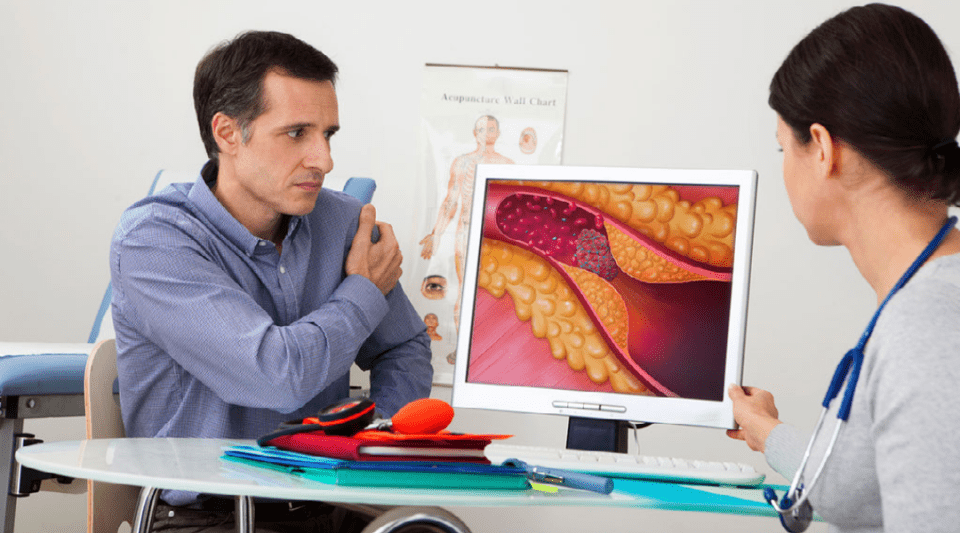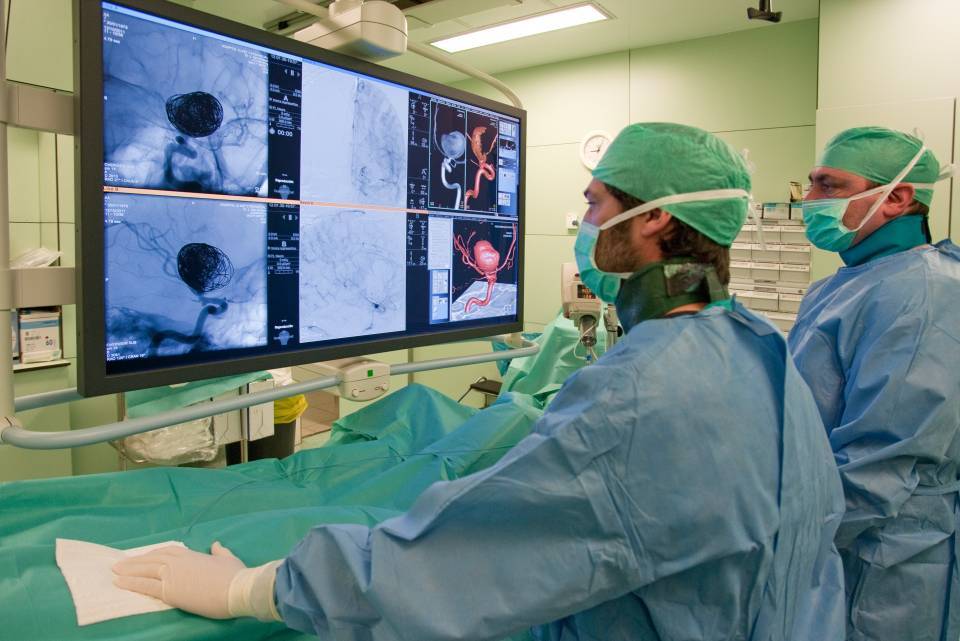Frequently asked questions about Portal Vein Thrombosis
Portal vein thrombosis is not a hereditary disease in itself. However, there are some prothrombotic diseases found in patients with portal vein thrombosis that are hereditary. In these cases, any family history of portal thrombosis or thrombosis in other locations should be evaluated.
A varied and balanced diet is recommended. In some cases, a low-salt diet may be suggested if there is fluid retention. It should be noted that some treatments, such as oral anticoagulants, have interactions with certain foods, so it is essential to follow the specific recommendations of the medical team in each case.
You should not consume alcohol, as it can be harmful for the liver.
Physical exercise should be taken regularly, with the intensity and duration modified to the possibilities of each person. The specific recommendations of health professionals must be followed in each case.
Acute portal vein thrombosis, when it is complete and affects the mesenteric veins, can be complicated by intestinal ischaemia (caused by lack of blood flow), and may require surgery to remove a segment of the intestine. Chronic portal vein thrombosis may have complications secondary to the increased pressure in the portal vein, such as bleeding from oesophageal varices or, less frequently, fluid retention (ascites) and hepatic encephalopathy. An adequate medical follow-up is essential for early treatment of complications or preventive treatment if necessary.
In patients with an underlying prothrombotic disease or those with recurrent episodes of thrombosis, the medical team may prescribe lifelong anticoagulation to reduce the risk of thrombosis returning. However, other cases of acute thrombosis may need anticoagulant treatment for a few months only for repermeabilisation (restored blood flow) to occur. The anticoagulation guidelines given by the medical team should be followed at all times.
Anticoagulation usually needs to be stopped for these types of procedures; usually 1-3 days beforehand, depending on the type of anticoagulant therapy. If oral anticoagulants are being used, this may need to be changed to heparin a few days before the scheduled procedure. Therefore, the medical team should be consulted so any necessary adjustments to anticoagulation can be made.
There is no absolute contraindication to pregnancy in patients with portal vein thrombosis. However, optimal medical planning and monitoring of both the portal vein thrombosis and the underlying prothrombotic disease (if any) is strongly recommended to minimise the risk of complications. Occasionally, medical therapy may need to be modified if the patient is pregnant or wishes to be (for example, oral anticoagulants are contraindicated). Close monitoring by the medical team with multidisciplinary management (by hepatologists, gynaecologists and haematologists, for example) is essential.
Substantiated information by:

Published: 19 November 2024
Updated: 19 November 2024
Subscribe
Receive the latest updates related to this content.
Thank you for subscribing!
If this is the first time you subscribe you will receive a confirmation email, check your inbox

